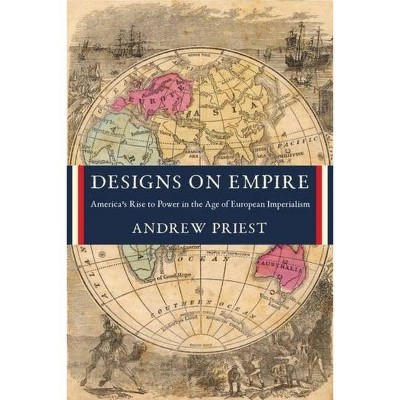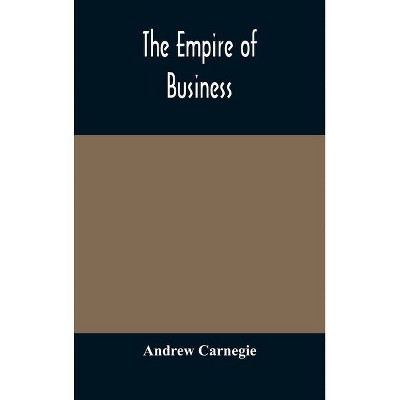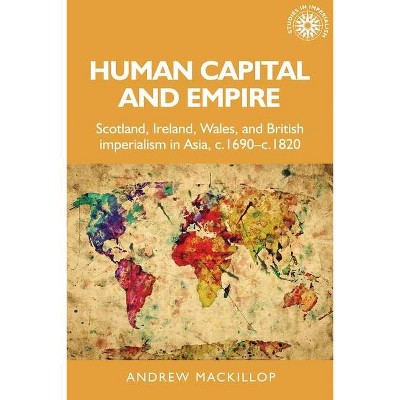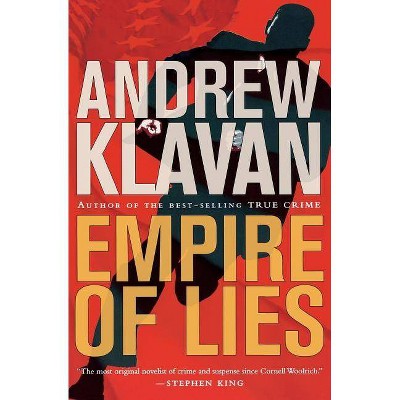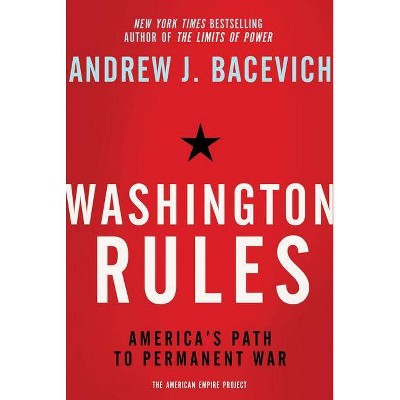Outsourcing Empire - by J C Sharman & Andrew Phillips (Hardcover)
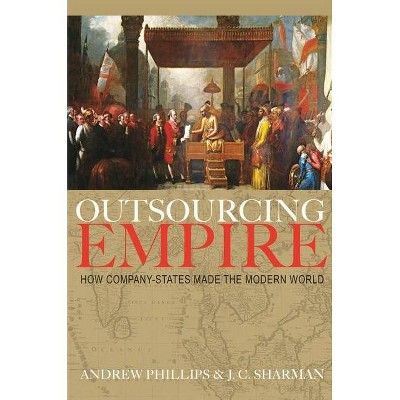
Similar Products
Products of same category from the store
AllProduct info
<p/><br></br><p><b> About the Book </b></p></br></br>"From Spanish conquistadors through to pith-helmeted British colonialists, the prevailing vision of European empire-builders has been staunchly statist. But from the early 1600s through to the early twentieth century, from the East Indies to North America to Africa and the South Pacific, it was company states--not sovereign states--that played the most important role in driving European worldwide commercial and colonial expansion. In Asia, the Dutch and English East India Companies ingratiated themselves with mighty Asian rulers such as the Mughal and Qing Emperors to infiltrate Asian markets. In North America, the Hudson's Bay Company maintained a network of forts and factories across the continent closely integrated with American Indian trading routes and practices. And in Africa, the company states were first key intermediaries in the trans-Atlantic slave trade, and later the colonial vanguards of the 'scramble for Africa.' Notwithstanding their central importance for both international relations scholars and students of global history, company states remain largely ignored in studies of the modern international system's evolution and expansion. Beholden to an outdated historiography, most scholarship on the expansion of the international system looks only at sovereign states. Historians and historical sociologists have done more to acknowledge company states' pioneering role. But these studies have typically focused on individual company states in isolation, and have thus missed the significance of company states as key progenitors of the modern international system. As a result of this neglect, we lack an understanding of what defined the company states as a distinctive form of international actor, and how they served as crucial but now largely forgotten builders of the world's first truly global international system. Existing works struggle to account for rise, fall and fleeting nineteenth century resurrection of company states as agents of long distance commerce and conquest, as well as their sharply contrasting fortunes in different regions. Finally, unless we understand the nature and significance of company states, we cannot understand how inter-civilizational relations were mediated across trans-continental distances and deep cultural differences for the majority of the modern era. These are the vital gaps in our knowledge which the authors seek to address in this book"--<p/><br></br><p><b> Book Synopsis </b></p></br></br><p><b>How chartered company-states spearheaded European expansion and helped create the world's first genuinely global order</b> <p/>From Spanish conquistadors to British colonialists, the prevailing story of European empire-building has focused on the rival ambitions of competing states. But as <i>Outsourcing Empire</i> shows, from the seventeenth to the twentieth centuries, company-states--not sovereign states--drove European expansion, building the world's first genuinely international system. Company-states were hybrid ventures: pioneering multinational trading firms run for profit, with founding charters that granted them sovereign powers of war, peace, and rule. Those like the English and Dutch East India Companies carved out corporate empires in Asia, while other company-states pushed forward European expansion through North America, Africa, and the South Pacific. In this comparative exploration, Andrew Phillips and J. C. Sharman explain the rise and fall of company-states, why some succeeded while others failed, and their role as vanguards of capitalism and imperialism. <p/>In dealing with alien civilizations to the East and West, Europeans relied primarily on company-states to mediate geographic and cultural distances in trade and diplomacy. Emerging as improvised solutions to bridge the gap between European rulers' expansive geopolitical ambitions and their scarce means, company-states succeeded best where they could balance the twin imperatives of power and profit. Yet as European states strengthened from the late eighteenth century onward, and a sense of separate public and private spheres grew, the company-states lost their usefulness and legitimacy. <p/>Bringing a fresh understanding to the ways cross-cultural relations were handled across the oceans, <i>Outsourcing Empire</i> examines the significance of company-states as key progenitors of the globalized world.</p><p/><br></br><p><b> Review Quotes </b></p></br></br><br><p>A welcome addition to a fast-growing literature on the corporate origins of European<br>empire in the early modern world. . . . <i>Outsourcing Empire</i> is a highly accessible work of scholarship that will appeal particularly to students of international history.</p><b>---David Veevers, <i>Journal of British Studies</i></b><br><br>Phillips and Sharman's achievement is to pull together myriad literatures over three centuries and most of the globe, to find patterns only a synthetic treatment can reveal. . . . Lucid, sweeping, and economical<b>---David Armitage, <i>Times Literary Supplement</i></b><br><br><p><i>Outsourcing Empire</i> serves as an up-to-date survey of an essential<br>topic for world historians.</p>-- "Journal of Interdisciplinary History"<br><p/><br></br><p><b> About the Author </b></p></br></br><b>Andrew Phillips </b>is Associate Professor of International Relations and Strategy at the University of Queensland. He is the author of <i>War, Religion and Empire</i>. <b>J. C. Sharman</b> is the Sir Patrick Sheehy Professor of International Relations at the University of Cambridge, where he is a fellow of King's College. His books include <i>Empires of the Weak </i>(Princeton) and <i>The Despot's Guide to Wealth Management</i>. Phillips and Sharman are the coauthors of <i>International Order in Diversity</i>.
Price History
Price Archive shows prices from various stores, lets you see history and find the cheapest. There is no actual sale on the website. For all support, inquiry and suggestion messages communication@pricearchive.us


